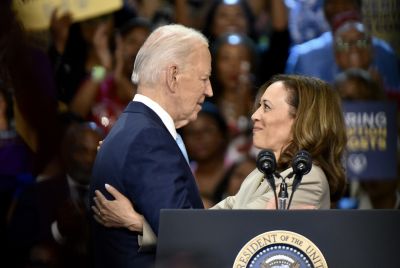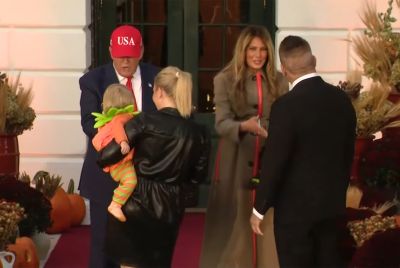Lawmaker calls for the return of the Romanov royal family to Russia
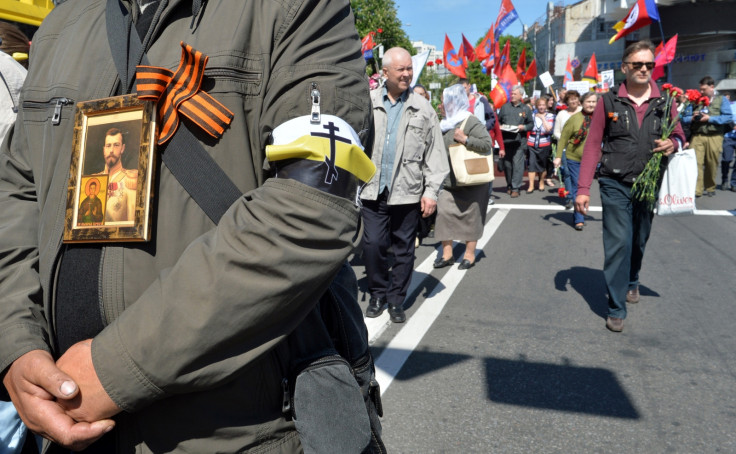
A lawmaker in St Petersburg has called for the return of the Romanov family to Russia, arguing for them to be granted special legal status and a former tsarist palace as their official residence.
Vladimir Petrov of the legislative assembly of the Leningrad region has written letters to Grand Duchess Maria Vladimirovna and Prince Dmitri Romanovich, who both claim to be the head of the former imperial Russian royal family, asking them to return to Russia as national figureheads.
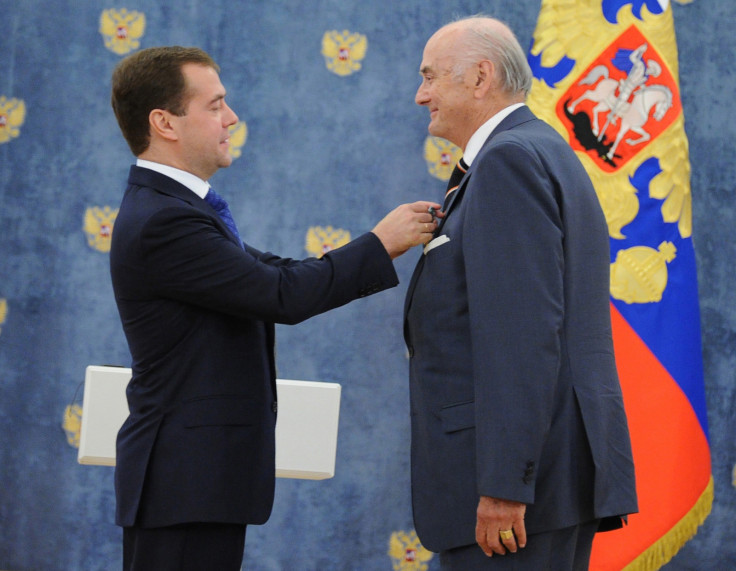
The Romanov family was deposed after the 1917 October revolution, with the last tsar, Nicholas II, shot dead with his family in the cellar of a house in Yekaterinburg. The remains of some members of the family were laid to rest in St Petersburg's St Peter and Paul Cathedral in 1998, and all were canonized by the Russian Orthodox Church in 2000.
Petrov claimed that the "return of the descendants of the last Russian autocrat to their historical homeland would help smooth out the political contradictions inside the country, which have been left over from the moment of the [Bolshevik] October revolution, and would become a symbol of restoring the spiritual might of Russia's people," Izvestia newspaper reported.
He said that the Romanovs were central to the country's heritage.
"At the present time, a difficult process is underway of restoring Russia's might and of returning its international influence," Petrov wrote. "I am certain that during such an important historical moment, members of the Romanov imperial house cannot remain aside from the processes that go on in Russia."
He proposed granting the family a tsarist-era palace in St Petersburg or recently annexed Crimea as their official residence, and said that his legislature was drafting a bill proposing granting the Romanovs special legal status as Russia's royal family.
The proposal comes amid a surge of nationalistic rhetoric from Vladimir Putin's Kremlin, with ideologues calling for Russia to restore its former imperial borders.
Maria Vladimirovna is a descendant of Alexander II (1818 – 1881) of Russia, whose grandfather assumed the title Emperor and Autocrat of all the Russians in exile in Germany then France. Dmitri Romanovich is the great-great-grandson of Tsar Nicholas I (1796-1855), and head of the Romanov Fund for Russia, that has undertaken charitable in the wake of the collapse of the Communist regime.
In the wake of the the murder of Nicholas II, rumours emerged that one of his five children had survived the massacre, and imposters came forward claiming their identity and laying claim to the Russian throne.
Among the most famous was Polish factory worker Anna Anderson, who claimed to be Nicholas' daughter Grand Duchess Anastasia, until her death in 1984.
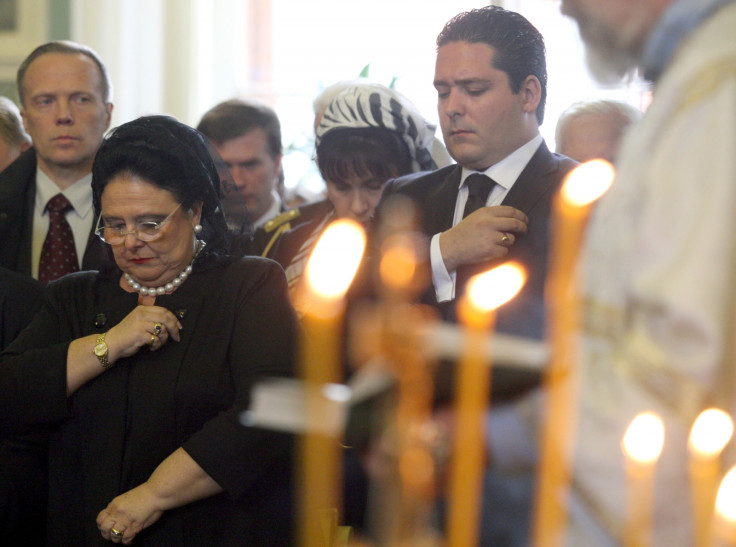
A spokesman for the Romanov family, Alexander Zakatov, said that Maria Vladimirovna was willing to consider living in Russia, if the government is prepared to grant the Romanovs the special status of Russia's imperial house.
Zakatov stressed that the family laid no claim to property or political power in Russia, and that the family would not want their return to be used by, "for instance, monarchists or opposition activists".
"She only wants the imperial house to become a historical institution and part of the national legacy, similar to royal houses of many other countries," said Zakatov.
In a 2013 poll conducted on the anniversary of what would have been the 400th year of Romanov rule found that 28 per cent of Russians would welcome the return of tsarist rule, 13 per cent believe that a Russian politician should be crowned tsar, and 67 per cent believed that Russia should remain a democracy, reports Russia Today.
© Copyright IBTimes 2025. All rights reserved.







